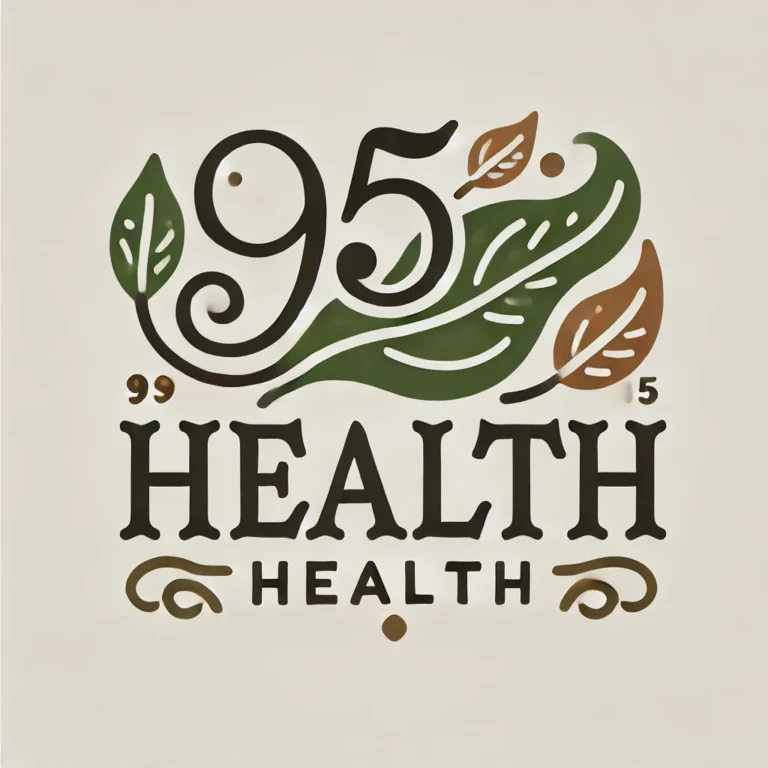Understanding the Impact of Avian Flu and the Importance of Pasteurization
A recent study published in Science highlights the critical role of pasteurization in inactivating the highly infectious avian flu (H5N1) virus in milk. This finding is especially significant as the H5N1 virus continues to cause outbreaks in poultry and other animals globally, raising concerns about potential human infections.
Pasteurization’s Effectiveness
The study revealed that pasteurization effectively inactivates the H5N1 virus in milk, making it a crucial safety measure. This process ensures that milk and dairy products are safe for consumption, even if they come from areas affected by the avian flu. Researchers conducted extensive testing and found that while the virus remains stable on milking equipment for a short period, it is rapidly inactivated by heat treatment, underscoring the importance of pasteurizing milk.
Broader Implications
The H5N1 virus, which primarily affects birds, has shown a limited ability to infect humans. However, its potential to mutate and adapt necessitates ongoing vigilance and preventive measures. The Centers for Disease Control and Prevention (CDC) assesses the current risk to the public from these viruses as low but emphasizes the importance of continued surveillance and biosecurity practices.
Global and National Response
Globally, health organizations, including the World Health Organization (WHO) and the CDC, are monitoring the situation closely. They are engaged in comprehensive surveillance to track the virus’s spread and evolution. In the U.S., the CDC has developed strategic priorities to improve influenza control, prevention, preparedness, and response. This includes evaluating the effectiveness of personal protective equipment (PPE) and antiviral medications, and preparing for the possibility of a pandemic.
The study on pasteurization and the ongoing surveillance efforts highlight the importance of stringent safety measures in preventing the spread of avian flu. Consumers can have confidence in the safety of pasteurized dairy products, even amid outbreaks. Continued research and global collaboration are essential to mitigate the risks posed by the H5N1 virus and protect public health.






